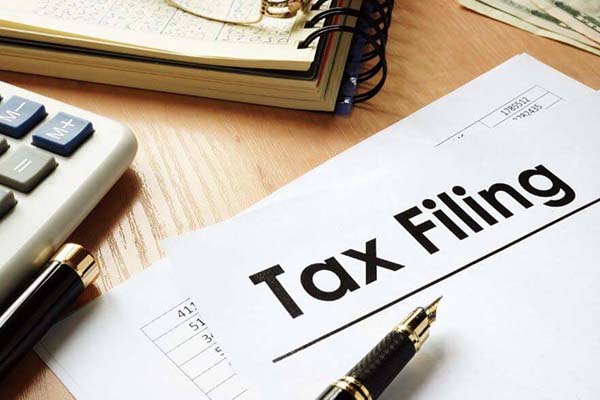The 2019 Tax Filing Deadline Extension: Pay Now or Wait?
As part of its response to the COVID-19 pandemic, the Internal Revenue Service extended the 2019 tax filing deadline and payment due dates to July 15th. The additional three months takes some tax-related stress out of an already stressful time, but you may still want to file before July 15th.
Here’s how to decide if you should file now or wait:
Why It Generally Makes More Sense to File Now
If you’re owed a refund, filing as soon as possible can give you extra cash on hand, which might be particularly helpful right now. Choosing to have the refund directly deposited into your account is the quickest option, although the IRS will mail you a check if you’d prefer.
You might want to file even if you owe. You can get the paperwork out of the way, and you’ll still have until July 15th to make the payment.
Filing your 2019 tax return can also be beneficial if you’re making other financial moves. For example, creditors may want to review your most recent tax records if you’re applying for a loan. Having your 2019 return on hand could help you get through the application process.
For small-business owners—including solopreneurs, freelancers, and gig workers—your 2019 tax return could also be important if you’re applying for the Payroll Protection Program or another COVID-19 assistance program.
When Waiting to File Might Be a Good Idea
If your 2019 adjusted gross income (AGI) was higher than your 2018 AGI it may be beneficial to take advantage of the 2019 tax extension.
The CARES Act stimulus checks depend on your AGI and whether you have dependents. The amount is based on your 2019 AGI if you’ve already filed or your 2018 AGI if you haven’t. Therefore, if your AGI increased, you may want to hold off on filing until after you receive the stimulus money.
If you didn’t file in either 2018 or 2019, you may still be eligible for a stimulus check. You can enter your information in the new IRS online form.
Other Important Tax Deadlines Were Also Extended
You also now have until July 15 to make other tax moves. These could affect your 2019 tax return, and you may want to hold off on filing if you plan on taking advantage of these extended deadlines:
- IRA contributions: If you have an individual retirement account, you can make contributions through July 15 and choose to have those count toward your 2019 tax year.
- HSA and MSA contributions: Similarly, the 2019 contributions for both Health Savings Accounts (HSA) and Archer Medical Savings Accounts (MSA) are pushed back.
- Estimated tax payments: If you don’t have taxes withheld from your paychecks, you may need to make estimated tax payments throughout the year. Generally, this applies to business owners, freelancers, gig workers, and people who receive significant income from investments. Estimated tax payments that would have been due between April 1 and July 15th (meaning, both the April 15 and June 15 deadline) are now due July 15th.
- 2016 tax refunds: You have up to three years to claim a refund from a previous year. The deadline to claim your 2016 refund is now July 15th.
All of these changes only apply to your federal taxes.
State Filing and Payment Deadlines Vary
Many states followed the IRS in extending the 2019 tax filing deadline to July 15th, but some are taking a different approach:
In Virginia, the state’s May 1 filing deadline didn’t technically change, but filers get an automatic six-month extension. It also extended the tax payment deadline to June 1—a month and a half before the federal deadline. Iowa went the other way, extending filing and payment deadlines to July 31.
The Tax Foundation created, and is updating, a chart with each state’s tax filing deadline, along with other legislative information. As with your federal tax return, filing now could lead to getting your refund earlier. Or, if you owe, you can still file and wait to pay.
Keep Looking for New Changes
While the initial 2019 tax extension likely won’t be taken away, you should keep an eye out for additional tax-related changes. It is possible other deadlines may change or new programs may emerge that could require your 2019 tax return information. If that’s the case, you’ll want to file your return right away, even if you don’t pay until the new deadline.
Quicken has made the material on this blog available for informational purposes only. Use of this website constitutes agreement to our Terms of Use and Privacy Policy. Quicken does not offer advisory or brokerage services, does not recommend the purchase or sale of any particular securities or other investments, and does not offer tax advice. For any such advice, please consult a professional.



